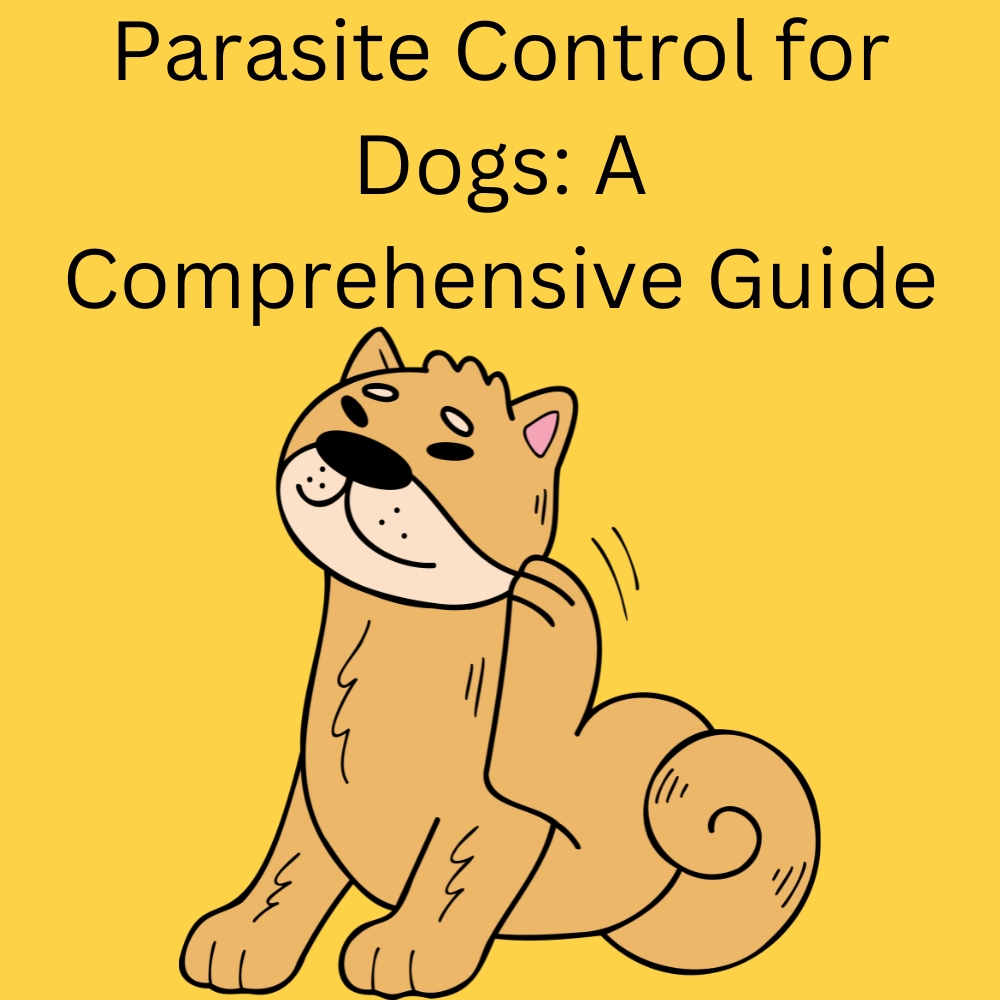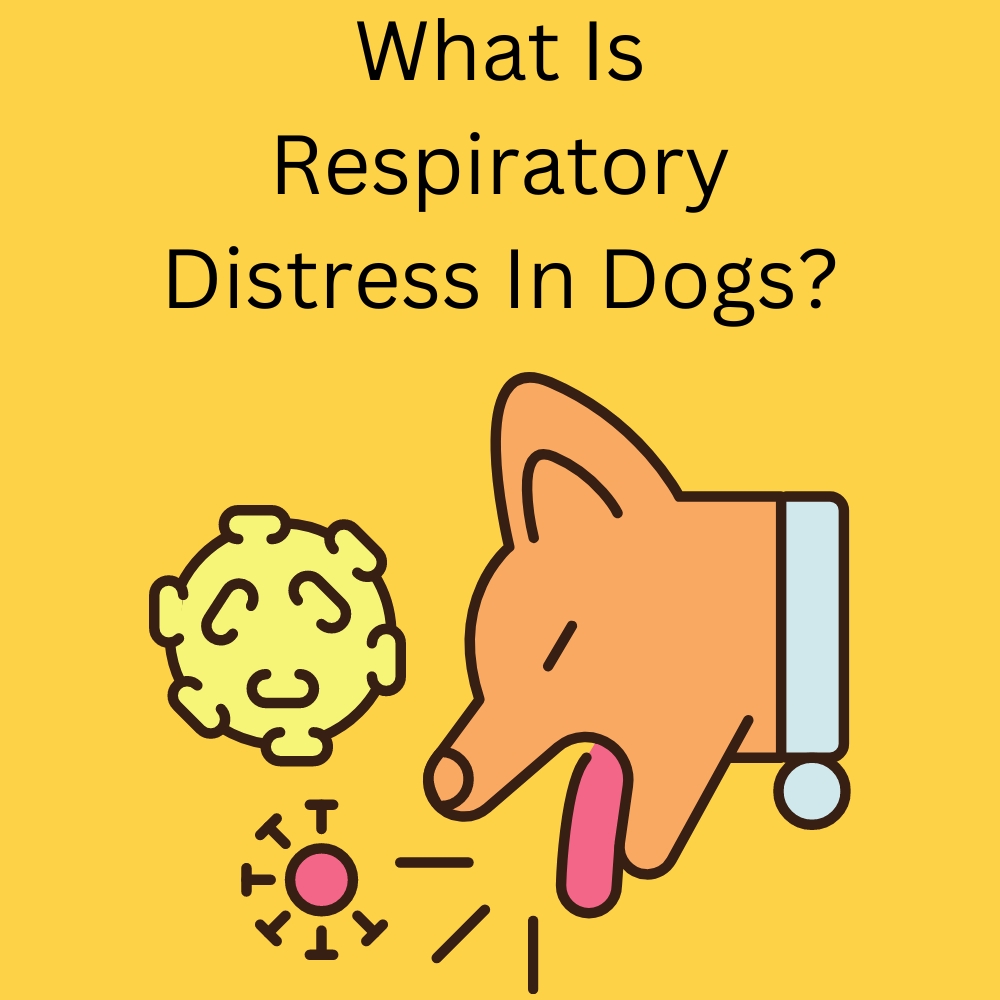Preen. The name alone conveys the image of a pristine, weed-free garden. This versatile weed control staple has become a go-to for gardeners looking to spend less time weeding and more time enjoying their yards. However, with the joys of a well-kept garden come the concerns of pet owners, especially when it comes to the safety of our beloved animals. In this exhaustive exploration, we venture into the world of Preen to determine whether this garden essential is, in fact, safe for the furry friends that often play and rest in our green spaces.
Understanding Preen Weed Preventer
Before delving into the potential hazards Preen may pose to pets, it is crucial to understand the product better. Preen is a pre-emergent weed killer. Unlike traditional weed killers that attack existing weeds, Preen targets the seeds, preventing them from growing into mature weeds. This makes it an excellent tool for keeping your garden weed-free without constantly having to reapply.
The Active Ingredient: Trifluralin
The active ingredient in Preen Weed Preventer is trifluralin, a chemical compound that has been used as an herbicide since the 1960s. Trifluralin works by inhibiting root and shoot growth in plants, effectively preventing them from germinating and growing. This makes it a highly effective weed preventer, but its potency also raises concerns about its safety for pets.
What is Preen and How Does It Work?
Preen contains the active ingredient trifluralin, a selective herbicide that affects the root development of plants and, in this case, weed seeds. By inhibiting the plant’s growth at an early stage, Preen reduces weed proliferation, which can save hours of backbreaking labor for gardeners. The soil absorbs the compound and remains active for an extended period, allowing it to target new weed seeds continuously.
A Common Garden Sight
Regular gardeners are familiar with Preen. It is the product that promises a weed-free flower bed or lawn all season long. Preen comes in various forms, such as granules or liquid, with specific formulas for different garden areas.
Potential Dangers to Pets
Despite its efficacy, Preen contains chemicals that can pose risks for pets. The primary concern is trifluralin, a known herbicide toxic to dogs and cats. It is in a class of chemicals called dinitroaniline herbicides, which are recognized for their potential to cause harm to living organisms, including pets. While the risk of exposure is low, it is still essential to take proper precautions when using Preen in a household with pets.
Minimizing Risks for Pets
Fortunately, there are ways to minimize potential risks for pets when using Preen in your garden. Here are some tips to ensure the safety of your furry friends:
- Read and follow all label directions carefully when applying Preen. This includes wearing protective gear, such as gloves and a mask.
- Keep pets away from treated areas for the recommended time listed on the product label.
- Store Preen and other garden chemicals in a secure location out of reach of pets.
- If possible, opt for natural weed control methods instead of chemical herbicides to reduce potential risks to pets.
Dangers of Preen to Dogs
When dogs come into contact with trifluralin, either by direct ingestion or skin exposure, it can lead to various symptoms. These may include drooling, vomiting, diarrhea, and even more severe issues such as weakness, difficulty breathing, and tremors. Preen can be particularly hazardous if a dog digests it in large amounts.
Other Pets and Preen Exposure
While dogs are often the culprits of garden mischief, it’s important to remember that other pets, such as cats and some small mammals, could also be at risk if they encounter Preen in the garden or the house.
Symptoms o f Exposure
Any pet that has come into contact with Preen should be monitored for potential symptoms. If the pet displays concerning behaviors or signs of illness, immediate veterinary attention is advised.
Safe Practices for Using Preen Around Pets
Pet owners who use Preen in their gardens have the responsibility to keep their animals safe. Here are some practices to ensure your pet’s well-being when using Preen.
Minimizing the Risks of Preen to Pets
- Keep pets out of treated areas: Before applying Preen, remove all pets from the area and ensure they cannot access it until after a thorough watering or after the prescribed time has passed.
- Store Preen properly: Keep Preen and other gardening chemicals out of reach of pets, preferably in a locked storage area.
- Be Industrious Before Unleashing the Preen: Clear the area of pet toys and any kind of objects or food that might attract your pet before applying Preen.
Alternative Weed Control Methods
For pet parents who prefer not to use Preen, there are a variety of alternative methods and products that are safer for pets.
Is Preen Weed Preventer Really Safe For Dogs?
The concept of safety is relative. When used properly and with caution, Preen weed preventer is less likely to cause harm to your pets. However, dogs being dogs, they can find a way into anything they set their minds to. Owners should recognize this and adjust their gardening routines accordingly.
Recommended Article: How Long After Spraying Roundup Is It Safe For Pets?
Alternative Pet-Friendly Weed Control Methods
Gardeners and pet owners alike are seeking natural methods to control weeds. Here are some pet-friendly options that can provide a safe and healthy environment for your pets.
Mulching
Mulching not only retains moisture and prevents soil erosion but also helps to suppress weeds. Use organic materials such as wood chips or straw for the best benefits to both your plants and pets.
Hand Weeding
This good ol’ fashioned method might take some more time, but it’s the safest choice for your pets. Regularly inspect and hand-pull any weeds in the garden before they have a chance to grow and spread.
Vinegar as a Weed Killer
Vinegar, specifically horticultural vinegar with a higher concentration than typical household vinegar, can effectively kill young weeds. Because it breaks down quickly, it poses minimal risk to pets.
Boiling Water
Pouring boiling water on weeds can kill them effectively, and it’s as safe for your pets as it gets. However, be careful not to splash any on your plants or yourself in the process.
Pet-Safe Pre Emergent
If you are set on using a pre-emergent weed killer, there are options that are safer for your pets. Look for products labeled as pet-safe or plant-based. While they may not be as potent as chemical alternatives, they provide an effective barrier against weed growth while minimizing the risks for your pets.
Alternatives To Preen Weed Preventer For Dog Owners
For the dog owners who are willing to forego the traditional Preen in favor of more pet-friendly solutions, there are several available products and DIY methods to explore.
DIY Corn Gluten Meal
Corn gluten meal is an organic product that can serve as a pre-emergent herbicide, preventing the germination of weed seeds.
Pet-Safe Pre-Emergent Herbicide
Brands like EcoSMART and Green Gobbler offer pet-safe alternatives to traditional herbicides. These products are formulated to be less toxic and safer for use around pets.
Conclusion
When it comes to gardening, the goal is to create a space that is both beautiful and safe. For pet owners, this can sometimes be a challenge, especially when products used in gardening potentially endanger our furry friends. After all, what’s a beautiful garden if it’s unsafe for the creatures we love?
Always read the label, take precautions, and choose pet-friendly options whenever possible. Our pets give us unconditional love, and it’s our duty to keep them out of harm’s way, even in the garden. The decision to use Preen or another pre-emergent weed preventer will ultimately depend on your individual circumstances and comfort level with risk. Just remember, with proper care and consideration, it is possible to maintain a gorgeous, pet-safe garden.
Frequently Asked Questions About Preen and Pet Safety
Q: Is Preen weed preventer safe for pets?
A: When used properly and with caution, Preen can be safe for pets. However, taking precautions and following safety guidelines is important to minimize potential risks.
Q: What are the dangers of Preen to dogs?
A: Preen can be harmful to dogs if ingested in large amounts. It is important to monitor pets for symptoms of exposure and seek veterinary attention if necessary.
Q: Can cats or other small animals be affected by Preen?
A: Yes, other pets, such as cats and small mammals, can also be at risk if they come into contact with Preen. It is essential to keep all pets away from treated areas and follow proper storage and usage protocols.
Q: What should I do if my pet comes into contact with Preen?
A: If your pet has come into contact with Preen, monitor them for any concerning behaviors or signs of illness. If symptoms arise, seek immediate veterinary attention.
Q: Are there alternative weed control methods that are safe for pets?
A: Yes, there are alternative methods and products that can effectively control weeds without posing a risk to pets. These include mulching, hand weeding, vinegar as a weed killer, and pet-safe pre-emergent herbicides.




I really like reading through a post that can make men and women think. Also, thank you for allowing me to comment!